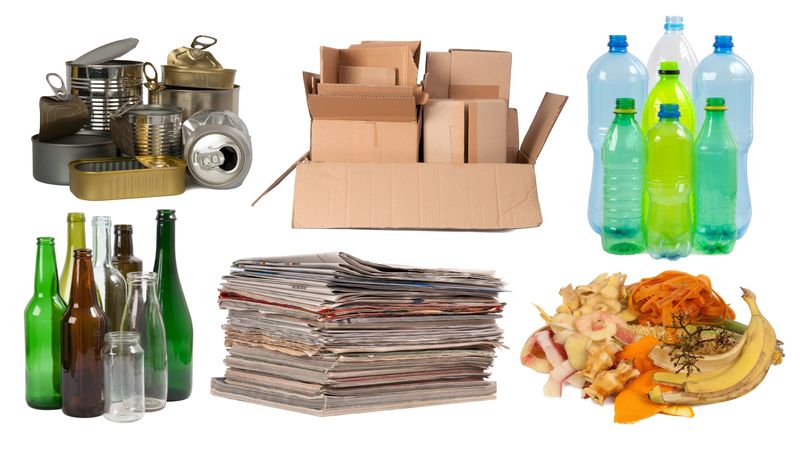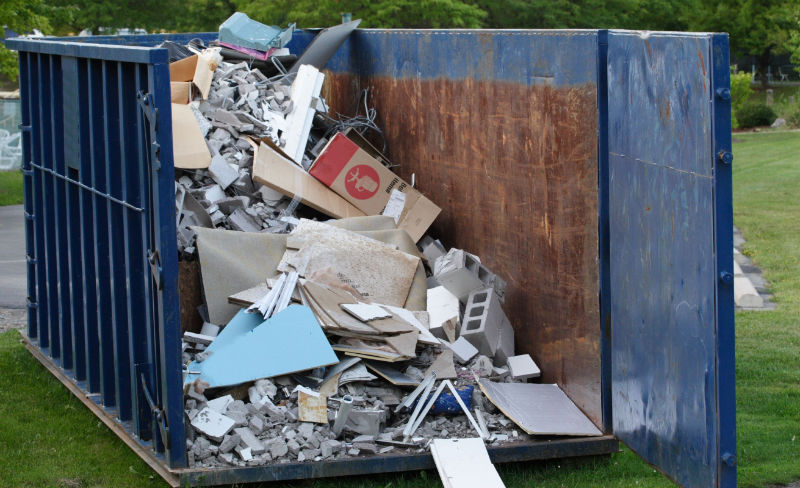Construction managers and other individuals responsible for cleanup should have a comprehensive plan in place before the work even begins. Effective construction waste management is essential for preventing pollution of the surrounding environment. Without a strategy for confining all job-related debris and having it transported from the site, pollution incidents can occur that result in serious damage to nearby land and water as well as steep fines for the organizations deemed responsible.
The people in charge of construction waste management also should have a plan to prevent an unwanted incident due to weather or vandalism. An additional part of this methodology should address what will be done if the worst happens and all prevention methods fail. A severe windstorm, for instance, can undo the average kinds of preventive measures. The management team will want to be sure all debris is completely contained and secure.
Assistance with the plan and the necessary equipment to implement it can be obtained from a company such as Tiger Sanitation. Local, state, and national regulations must be addressed. The construction crew will need to learn about relevant regulations before beginning the project. The company should already be aware of sensitive environmental factors within polluting range, such as wetlands or areas where threatened species reside. Secure temporary fencing can prevent silt from washing away during rainstorms, and optimally sized dumpsters hold debris such as old roofing materials and other waste. Obviously, any potential incident involving hazardous waste must be considered and avoided.
Contractors want to make sure all these considerations are fully addressed while also not spending an inordinate amount of money and time in the effort. They may visit a website like Tigersanitation.com and find contact information to acquire an estimate. This type of company not only removes the construction waste but is dedicated to ensuring all recyclable items are directed to appropriate facilities instead of being sent to a landfill. Certain materials, such as aluminum and steel, are well known for their recycling value, but other materials are continually being added to the list of recyclable items. Today, roofing shingles, bricks, concrete blocks, and many other construction materials are in demand for recycling. You can also connect them on Facebook.






